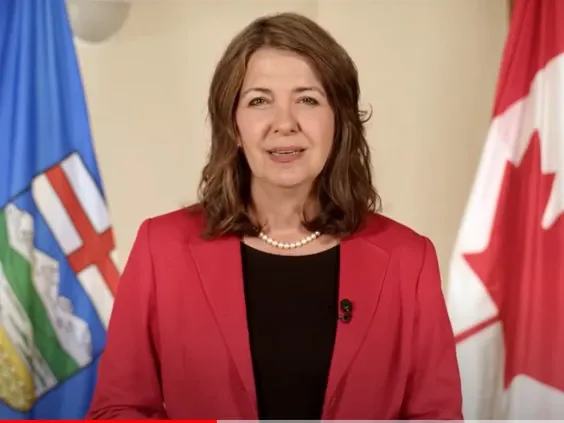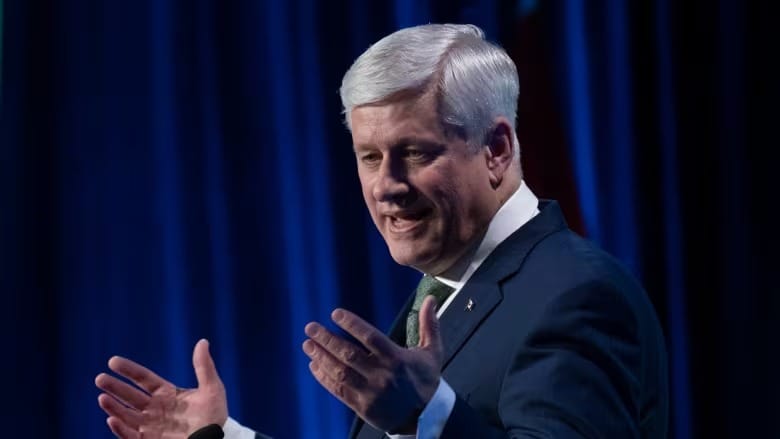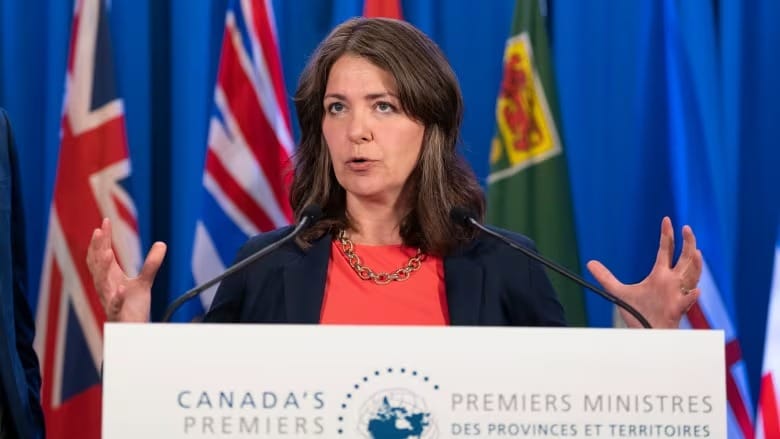Why upcoming Alberta Bill of Rights changes are more than symbolic
"The extent to which a bill of rights is amended, or altered or expanded in a way to cover ever more rights that are not covered in the charter, you will then expand the range of issues that that bill of rights will now cover."

Upcoming amendments to the Alberta Bill of Rights will have more than just symbolic significance, according to a constitutional expert from the University of Alberta (U of A).
Premier Danielle Smith has repeatedly indicated that her government plans to introduce at least three changes to the Alberta Bill of Rights once Members of the Legislative Assembly (MLAs) return to session on October 28.
Some analysts have dismissed the amendments as merely symbolic, and Alberta NDP leader Naheed Nenshi criticized them as “desperate virtue signaling.”
Potential Legal Impact of Amendments
Although the Canadian Charter of Rights and Freedoms has largely overshadowed the Alberta Bill of Rights, U of A law professor Eric Adams argues that the provincial bill still holds legal relevance, especially concerning rights not explicitly covered by the Charter, such as property rights.
“The Alberta Bill of Rights is real and it can have legal impact,” Adams said, noting that the scope of the bill could expand depending on the nature of future amendments.
“The extent to which a bill of rights is amended, or altered, or expanded to cover rights not included in the Charter will increase the range of issues that the bill will now address.”
The Alberta Bill of Rights in Legal Rulings
Legal precedents illustrate how the Alberta Bill of Rights can influence cases involving rights absent from the Charter.
In the 2009 Lavallee case, Justice Neil Wittmann found that a section of the Alberta Securities Act violated the Alberta Bill of Rights by depriving individuals of their right to property without due legal process. As a result, the contested sections were rendered legally inoperative.
In 2023, the Ingram ruling demonstrated another example, with plaintiffs arguing that Alberta’s public health measures during the early COVID-19 pandemic violated the Alberta Bill of Rights. While challenges under the Charter must contend with the "reasonable limits" clause that allows for restrictions on rights under certain conditions, the Alberta Bill of Rights contains no such provision. However, Justice Barbara Romaine ruled that the bill's rights are not absolute, stating:
“A limit to the rights provided by the Alberta Bill of Rights (ABR) must be implied, and that, as with the Charter, the breach of any ABR right is subject to a limitation based on a valid legislative objective.”
Smith’s Proposed Amendments
The Alberta Bill of Rights, initially introduced by Premier Peter Lougheed in March 1972, has undergone multiple amendments over the years. Although it is not a constitutional document and applies only to provincial legislation, it can be modified or overridden by the legislature.
Premier Smith outlined three key amendments during the summer:
- The right to choose whether to be vaccinated and make all personal medical decisions
- The right not to be deprived of property without legal due process and fair compensation
- The right to legally acquire, possess, and safely use firearms
The premier’s office has not disclosed if additional amendments are planned.
UCP General Meeting and the Medicine Hat Proposal
Members of the governing United Conservative Party (UCP) are expected to vote on a revised version of the Alberta Bill of Rights at the party’s annual general meeting on November 2.
The so-called Medicine Hat proposal includes 22 rights and freedoms, incorporating the three amendments Smith highlighted in her September video. It also proposes other rights, such as:
- Freedom from private or public censorship
- The right to use sufficient force to protect oneself, family, home, and property
- Freedom from excessive taxation
The proposal even draws on language from the U.S. Declaration of Independence, asserting a right to "life, liberty, property, and the pursuit of happiness."
While any resolution passed by UCP members is non-binding on the government, several resolutions in the past have influenced official provincial policy.





